
The Magic Lever was introduced by Seiko in 1959 with the purpose of improving the efficiency of the winding system. In other words, it shortens the winding period and allows for a longer power reserve. In comparison to a Swiss style winding system, the Magic Lever is minimalist and requires far fewer parts to accomplish the same task.
The video below shows the Seiko Magic Lever in action.

In Seiko’s own words:
“One key point of the Magic Lever is that its shaft is on an eccentric pin that is outside of the central shaft of the rotor. Therefore, the Magic Lever itself always moves up or down regardless of whether the rotor turns clockwise or anticlockwise.” –source
Some of the topics covered in this caliber listing:
Pawl Lever
You may also see the Magic Lever system referred to as the Pawl Lever. For example, the official Seiko tech sheets for the caliber NH3 series lists this as part 0831 183.

Simulation Video
This video also does an excellent job in explaining how the system works:
“This is the autowinding system of seiko watches. It is known as the “magic lever system” since it was built according to the structure of the train wheel system. With this configuration, it allows the ratchet wheel to rotate in a desired direction no matter which direction the oscillating weight is turned. Such design greatly enhances the efficiency of energy saving that is done by converting the kinetic energy from human’s moving to the potential energy storing in the mainspring inside the watch.”
Magic Lever = Non Manual Winding?
No. Although most of the Seiko watches equipped with the Magic Lever have non-manual winding and non-hacking calibers, this is may simply be a coincidence.
The short answer is that many collectors presume that all magic lever watches cannot hand wind. That’s mostly true with exception to 6R15 and other 6R calibers. Either way, the magic lever is so efficient that hand winding is not really necessary, and that’s exactly what Seiko was going for.
Orient Watches
Orient watches also use Seiko’s Magic Lever winding system. The video below does a great job in explaining the differences between this system and a Swiss style winding mechanism:
Seiko movements that DO NOT use Magic Lever:
More Seiko movements use the Magic Lever system than do not, so here is a quick list of Seiko calibers that use a reverser gear train system instead:
- Seiko caliber 4L25
- Seiko caliber 4L75
- Seiko caliber 6L35
- Grand Seiko 9S65 (9S55 used Magic Lever)
- Add more to the comments below…




 network of watch sites
network of watch sites




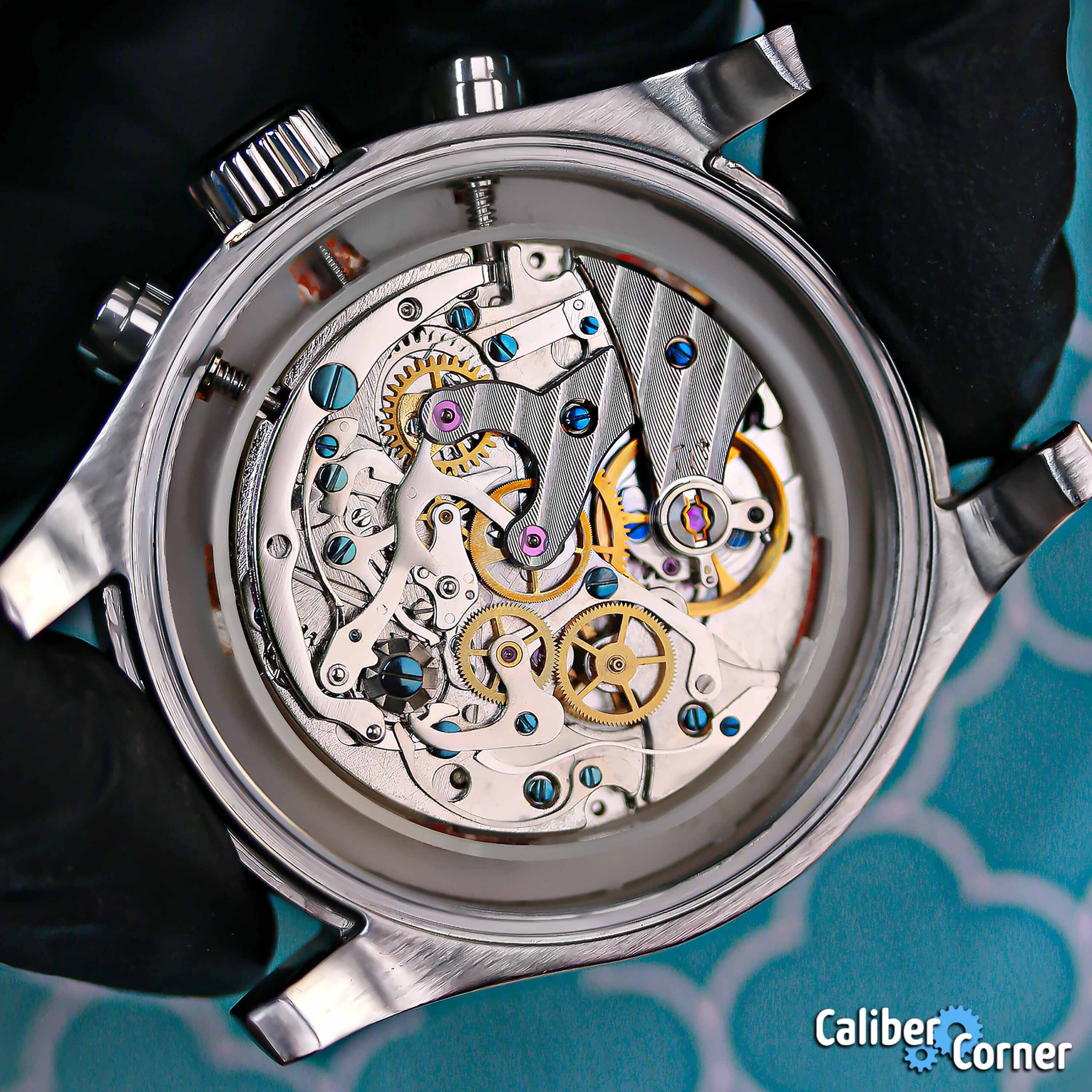



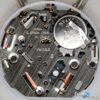
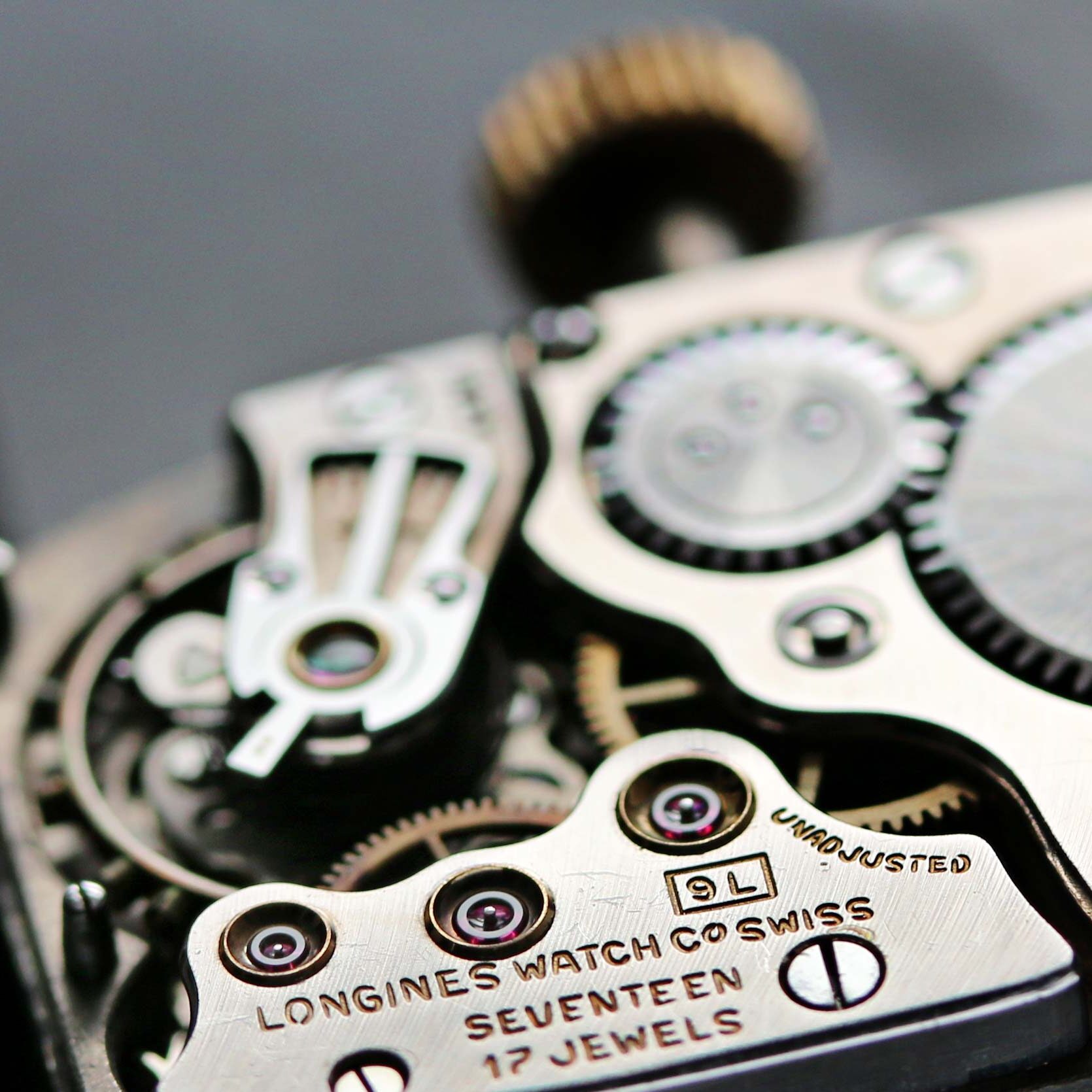

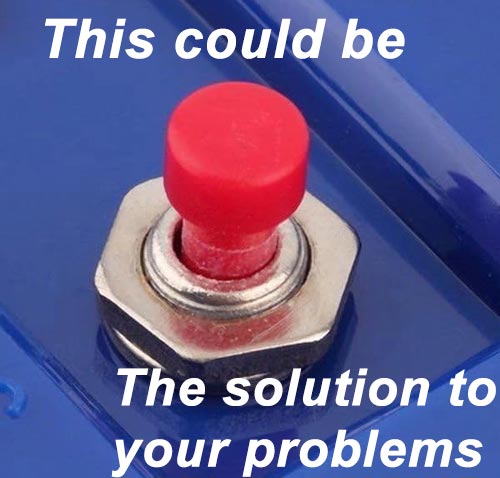
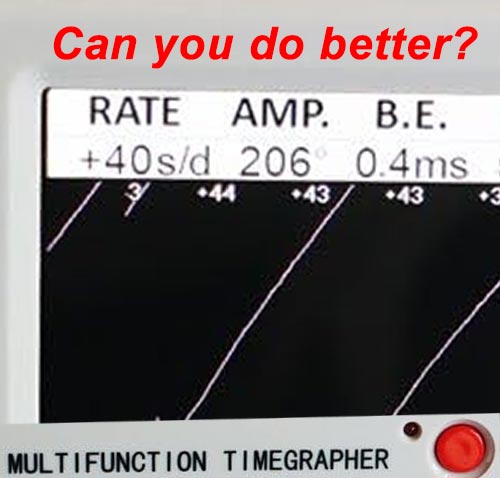
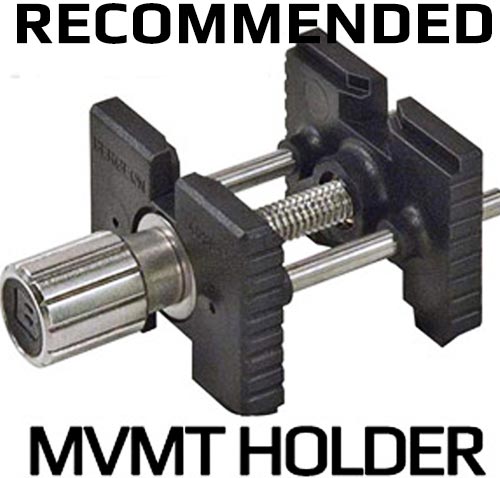

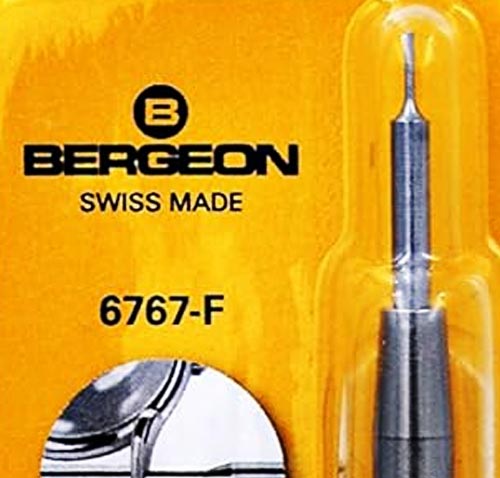
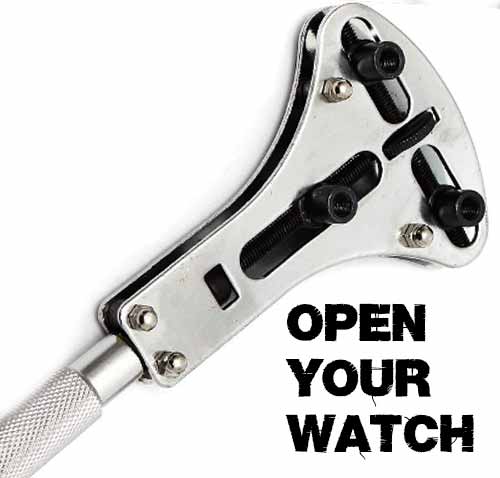




Trending Comments
Longines Caliber L836.6
The differenece is the beat rate. 3Hz vs 5Hz. 6 beats/s vs 10 beats/s.
Orient Caliber F6922
I've had my Mako and Ray Orient watches with these calibers, I guess. Their performance…
Invicta Caliber JSD-006ZY
Apart from the fact, that there is no further information about this caliber anywhere, it…
Seiko Instruments (SII) Caliber VH31
the VH-31 movement coupled with solar or kinetic in a Seiko watch would sell like…
Miyota/Citizen Caliber 9051
I have the 9051 in my Fujitsubo, it appears to be within 3 seconds. I'll…
Active Caliber Listings
It might be a Chinese Standart-movement aka Tong Ji aka 7120 / SS7 with an…
Thank you for sharing your experience with the community. If possible, please submit images of…
Apart from the fact, that there is no further information about this caliber anywhere, it…
This £80 lorus has the y676c with Japan on the rotor
Minute hand on some ETA's 2-hand quartz movements run every 20 secs so that the…